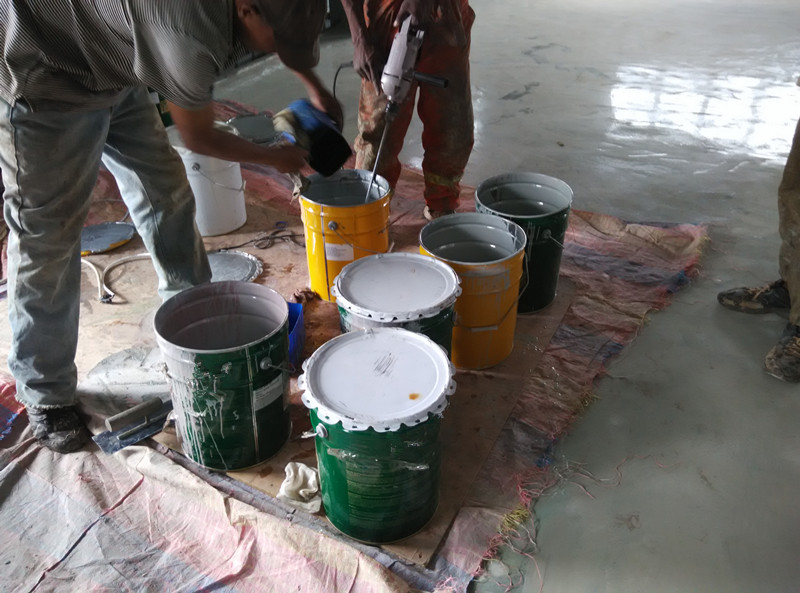Should we add solvents in flooring projects
Decreasing the Viscosity. Solvents are commonly added to decrease the viscosity of the product and improve the flow of the product. This can help improve the final appearance of the surface. Especially when working in low temperatures adding some solvent can be a crucial parameter in enabling proper flow of the product and avoiding problems like cratering or trowel marks.
Extended pot life. The addition of solvents can extend the pot life of a product. This is especially the case with PU based systems where a slight addition of solvent can give the contractors some extra crucial minutes in properly applying the flooring screed.
Better yield. This reason may sound a bit cynical but many applicators commonly add solvent in significant amounts in order to lower the per square meter cost of the materials. Low-cost contractors are notorious for adopting such practices. The recent global price drop of solvents is also contributing to this trend.

Nevertheless,from a technical standpoint, one of the drawbacks of solvents, is that because solvents will evaporate from the coating during the curing phase, this will lead to the generation of gas that can cause many pinholes and bubbles in the floor screed. The installation team at hand needs to be ready to address these issues during the project, otherwise the floor screed will cure incorrectly.
Another technical problem with solvents is that they reduce the overall physical and technical properties of a coating. By adding solvent in the mix, the total share of pure resin in the system is reduced which could lead a reduction in the physical properties of the product (for example adhesion strength). Solvents can also have adverse effects on the coating. Sometimes the solvent added may not be suitable or compatible for the coating in question. This can cause all sorts of problems like the inability to dilute the product properly, unforeseen reactions, improper curing etc. Some applicators make excessive use of solvents far beyond the recommended amount and end up destroying the product.
But we also need to look at the environmental and health hazards of solvents. The high usage of solvents during a project can lead to dizziness, nausea and damage to the respiratory system. Make sure that working areas are always properly ventilated and the personnel is using the suitable respiratory masks if significant quantities need to be used. Also keep in mind that solvents are flammable and require careful handling and transport. I still get shocked to see contractors and workers naively lighting up cigarettes on project sites without realizing the nearby fire hazards.
Summarizing from the above, solvents can be very useful and may provide important benefits to flooring projects. However they should be used in the lowest possible amount that will guarantee the success of the project but will also minimize the possible problems.
 Chinese
Chinese English
English





